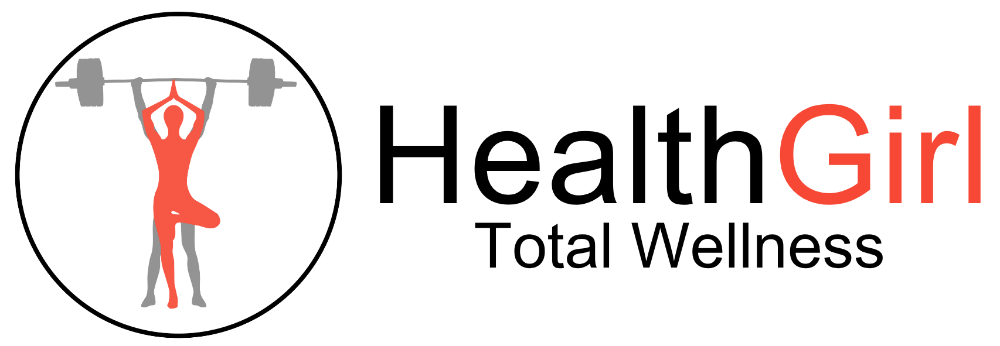
Mind-Body Mastery: 7 Ways to Hack Your Brain for Physical Wellbeing
Jan 22, 2024Welcome back, Friend!
Beginning a journey towards total mind-body well-being requires recognizing the profound link between mental and physical health. Your mental state isn't just a passenger on the wellness train; it's the engine driving the entire journey. In today’s article, we'll dive into seven ways to hack your brain for physical and mental well-being, including the transformative power of positivity, the wonders of neuroplasticity, the magic of a growth mindset, and practical steps to elevate your mental and physical health.
The Power of Positivity: A Scientific Marvel
The Science Behind It: Positivity isn't merely a feel-good ideology; it's backed by science. When you maintain a positive outlook, your brain releases dopamine, a neurotransmitter associated with pleasure and reward. Moreover, positive emotions contribute to lower levels of cortisol, the stress hormone. Reduced stress has a ripple effect on your body, lowering blood pressure and promoting overall heart health.
Harnessing Positivity: Cultivating positivity isn't about unrealistic optimism but a mindset shift. Start your day with gratitude. Reflect on three things you're grateful for; it wires your brain to focus on the positive. Engage in activities that bring joy, whether it's listening to uplifting music or spending time in nature. These seemingly small acts can lay the foundation for a healthier, happier you.
Neuroplasticity: The Brain's Adaptive Superpower
Understanding Neuroplasticity: Neuroplasticity is your brain's ability to reorganize itself by forming new neural connections throughout life. It's the brain's way of adapting to experiences, learning new things, and recovering from injury. The more you engage in novel activities, the more robust and adaptable your brain becomes. The more robust your brain, the better your longevity will be.
Boosting Neuroplasticity: Challenge your brain with new experiences. Learn a new skill, whether it be a language, a musical instrument, or a dance. Engaging in activities that demand mental effort stimulates the production of brain-derived neurotrophic factor (BDNF), a protein crucial for cognitive functions. So, join in on that culinary class or start that painting workshop that you have been contemplating.
Cultivating a Growth Mindset: Flourishing in Adversity
The Essence of Growth Mindset: A growth mindset, coined by psychologist Carol Dweck, is the belief that your abilities and intelligence can be developed through dedication and hard work. Embracing challenges, seeing effort as the path to mastery, and learning from criticism are hallmarks of this mindset.
Scientific Benefits: Research shows that a growth mindset is linked to increased resilience in the face of setbacks. When you perceive challenges as opportunities for growth, stress levels decrease, positively impacting your mental health. Moreover, a growth mindset fosters a love for learning and a sense of accomplishment. This can also increase your overall positive outlook on life.
Fostering a Growth Mindset: Challenge your inner dialogue. Instead of saying, "I can't do this," shift to, "I can't do this yet." Celebrate the process of learning, not just the outcome. Surround yourself with supportive individuals who encourage your efforts rather than focusing solely on results.
Concrete Steps for Mental Well-Being:
- Mindful Practices: Incorporate mindfulness techniques like yoga, meditation or deep breathing exercises. These practices can reduce anxiety, enhance self-awareness, and improve overall mental well-being.
- Physical Exercise: Regular physical activity isn't just for the body; it's a potent tonic for the mind. Exercise releases endorphins, neurotransmitters that act as natural mood lifters.
- Quality Sleep: Prioritize sleep as a non-negotiable aspect of your well-being. Quality sleep is vital for cognitive function, emotional resilience, and overall health.
- Nourish Your Body: A balanced diet rich in nutrients isn't just fuel for your body but also for your mind. Certain foods, like those rich in omega-3 fatty acids, support brain health.
Closing Thoughts: A Symphony of Mental and Physical Well-Being
My Friend, as you walk the path to optimal health, remember that your mental and physical well-being dance together in harmony. Positivity, neuroplasticity, and a growth mindset are not abstract concepts but actionable tools for your journey. Embrace them with kindness and patience, for transformation is a process, not a destination.
In joyous well-being,
Meg
Don't miss a thing!
New inspiration, motivation, and classes delivered to your inbox weekly.
We hate SPAM. We will never sell your information, for any reason.

